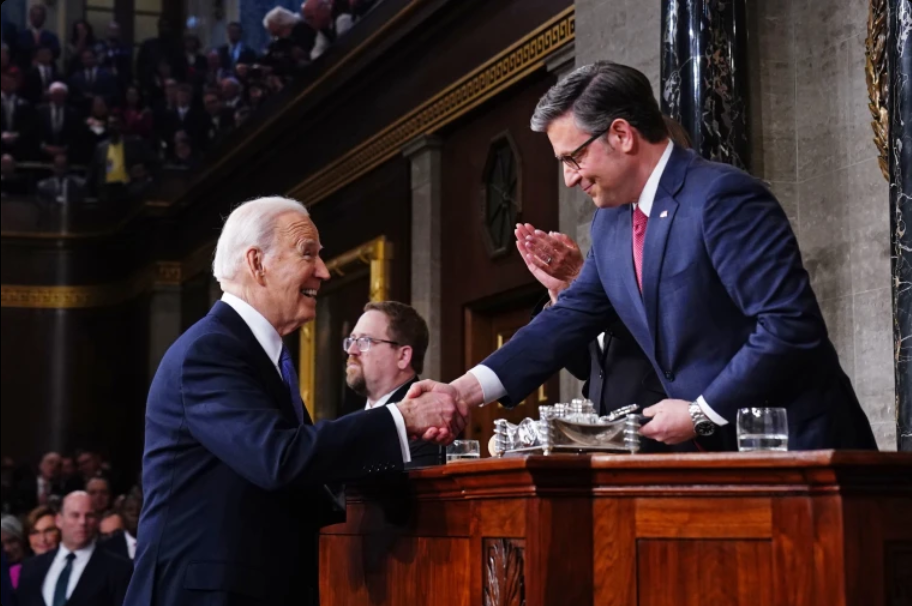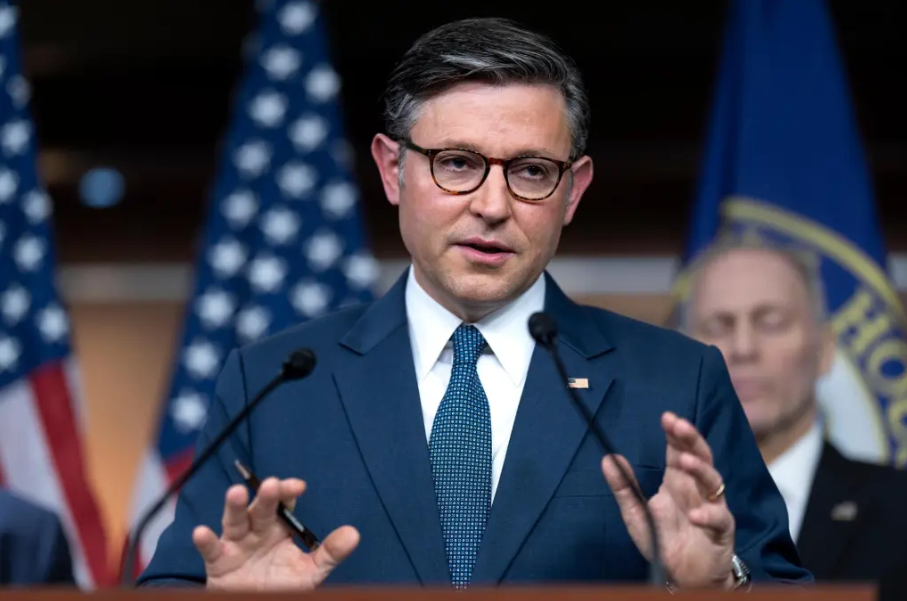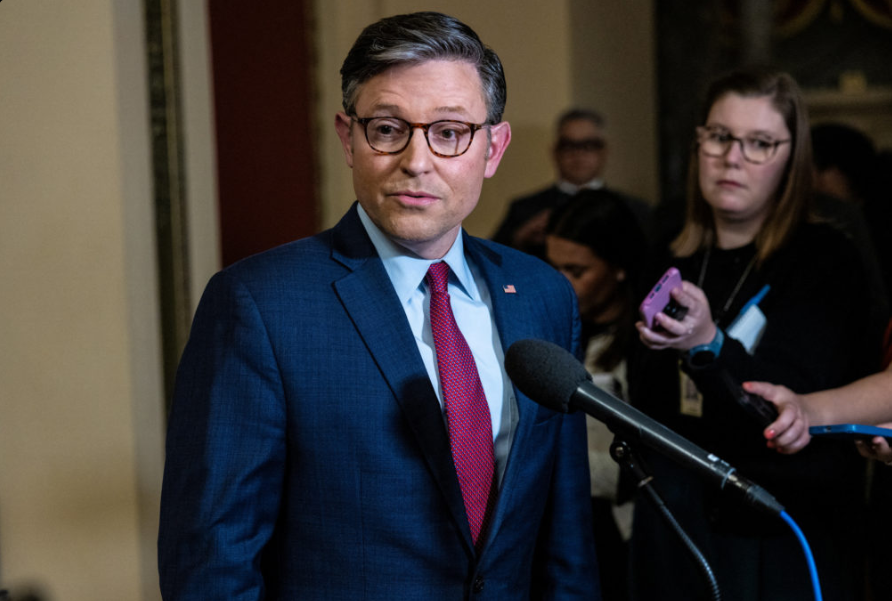Table of Contents
Congress Spending Bill: A Critical Measure to Avoid Shutdown
As the deadline for federal funding approaches, the U.S. Congress is poised to vote on a temporary spending bill aimed at averting a government shutdown. With the new fiscal year set to begin on October 1, lawmakers are racing against the clock to ensure that essential government services continue uninterrupted. This article delves into the details surrounding the proposed spending bill, its implications, and the political dynamics at play.


The Need for a Temporary Spending Bill
The urgency for a temporary spending bill arises from the inability of Congress to finalize the twelve annual appropriations bills that fund various federal agencies. This situation is not uncommon; historically, Congress has often resorted to stopgap measures to maintain government operations while negotiations for full-year budgets continue.The proposed temporary funding measure, also known as a continuing resolution (CR), aims to keep federal agencies funded at current levels through December 20. This extension provides lawmakers additional time to negotiate more comprehensive spending plans without risking a government shutdown, which could have severe consequences for federal employees and services.
Key Provisions of the Congress Spending Bill
The temporary spending bill includes several important provisions:
- Funding Levels: The bill maintains funding for federal agencies at existing levels, ensuring that essential services continue without interruption.
- Secret Service Allocation: Notably, the legislation allocates an additional $231 million for the Secret Service. This funding comes in response to heightened security concerns following two assassination attempts against Republican presidential nominee Donald Trump. The funds are contingent upon congressional oversight, ensuring that the agency adheres to accountability measures.
- Presidential Transition Support: The bill also includes financial support for the presidential transition process, preparing for any changes in administration that may occur after the upcoming elections.


Congress Spending Bill Political Dynamics and Challenges
The path to passing this temporary spending bill has not been straightforward. House Speaker Mike Johnson has faced significant challenges in garnering enough support within his own party. A faction of conservative Republicans opposes any proposals that do not enforce substantial cuts to federal spending. As a result, Johnson has had to rely on Democratic votes to secure passage of the bill.
This reliance on bipartisan support reflects a broader trend in Congress where party leaders must navigate internal divisions while also appealing to opposition parties. Johnson characterized the proposed legislation as ” doing only what’s absolutely necessary,” emphasizing the need to avoid a government shutdown, which he described as “political malpractice.” Senate Majority Leader Chuck Schumer has indicated that once the House approves the bill, the Senate will move swiftly to finalize it.
This cooperation between parties is crucial as lawmakers seek to return to their home states and districts ahead of the November elections.
Congress Spending Bill Implications of a Government Shutdown
If Congress fails to pass this temporary spending bill, a government shutdown would ensue. Such an event would have far-reaching consequences:
- Federal Employees: Hundreds of thousands of federal employees could face furloughs or delays in paychecks, leading to financial strain on families and communities.
- Public Services: Essential services such as national defense, law enforcement, and public health could be disrupted. Agencies like the National Park Service would close facilities and halt operations.
- Economic Impact: A shutdown could negatively affect economic growth by reducing consumer confidence and disrupting government contracts and services.



Congress Spending Bill Looking Ahead: Future Budget Negotiations
While this temporary spending bill may provide immediate relief from a potential shutdown, it merely postpones more complex budget negotiations that await Congress later this year. Lawmakers will need to address critical issues regarding defense and non-defense spending levels, which have become contentious points of debate.House Republicans have advocated for significant cuts to non-defense programs while Senate Democrats aim for increased funding across various agencies. Achieving consensus will require careful negotiation and compromise as both sides seek to balance fiscal responsibility with essential government functions.

Congress Spending Bill
Conclusion
The upcoming vote on the temporary spending bill represents a crucial moment for Congress as it seeks to avert a government shutdown just weeks before critical elections. With bipartisan cooperation necessary for passage, lawmakers must navigate internal party divisions while addressing pressing national needs. As negotiations continue beyond December 20, all eyes will be on how Congress manages its fiscal responsibilities in an increasingly polarized political landscape.